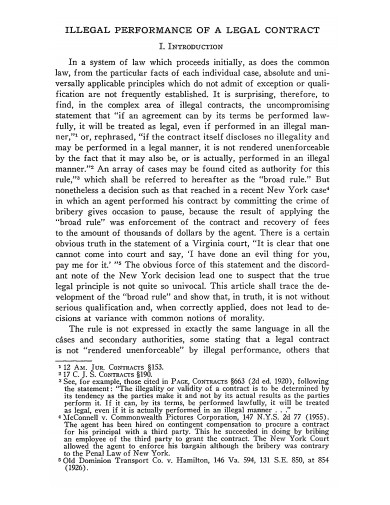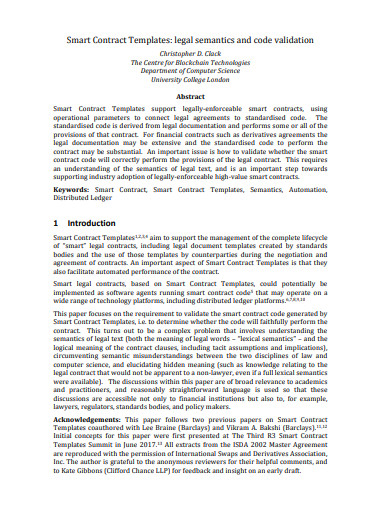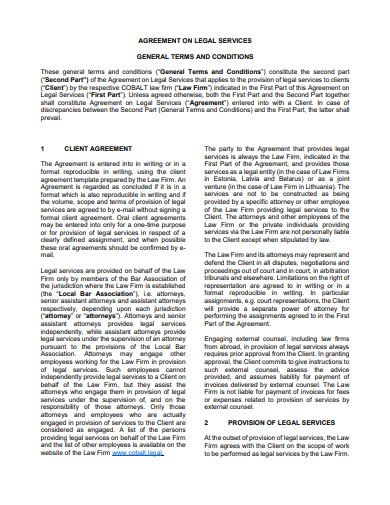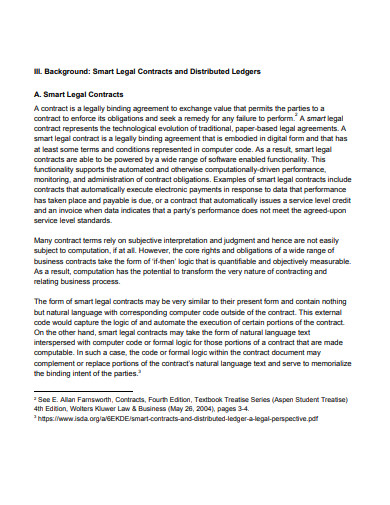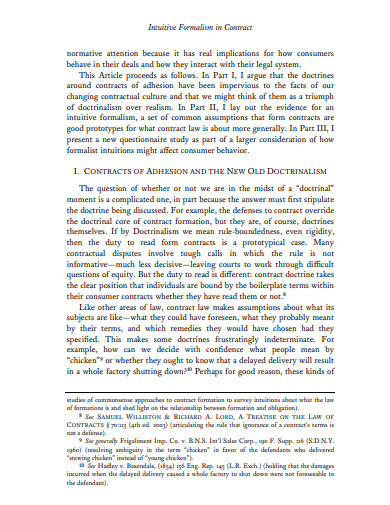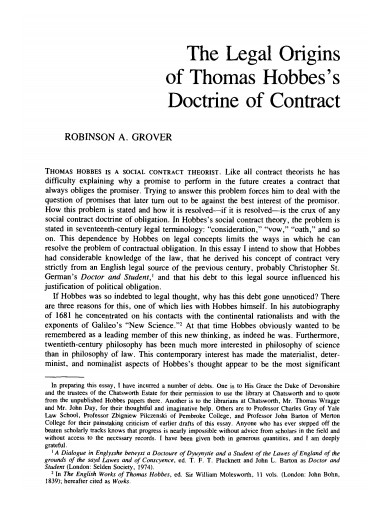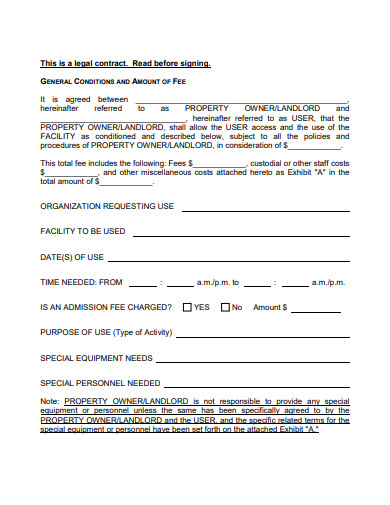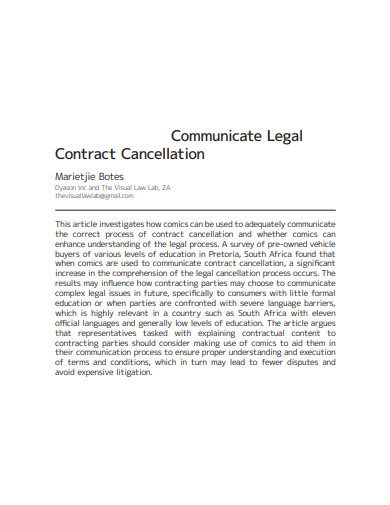10+ Legal Contract Examples to Download
Businessmen are becoming more and more aware of how written and signed documents can be used for the protection of service employment, partnership, lease, and other business agreements. Thanks to these documents, which we know as contracts, companies have been able to maintain healthy and legally binding relationships with their respective clients. However, this type of process documents isn’t all legal. Before it can be considered legitimate, it has to incorporate various factors. Find out what these factors are by having a look at our pertinent article below. We’ve also prepared some of the best legal contract template examples that you can refer to!
10+ Legal Contract Examples
1. Legal Contract
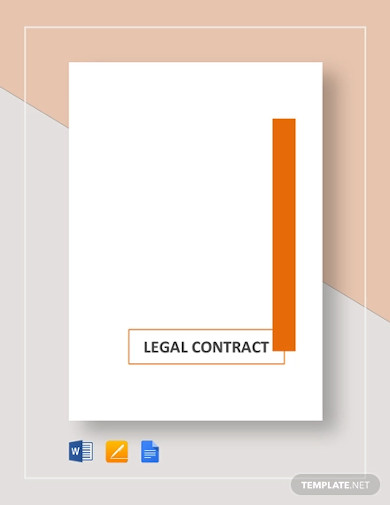
2. Legal Binding Contract
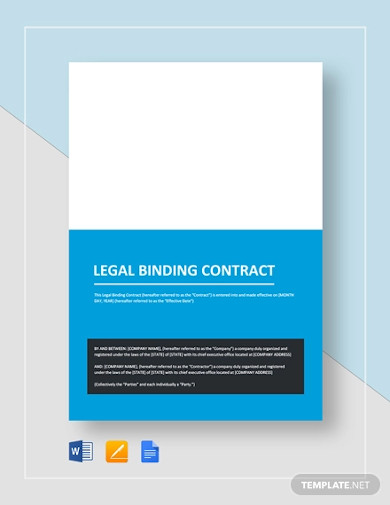
3. Contract on Retaining Legal Counsel
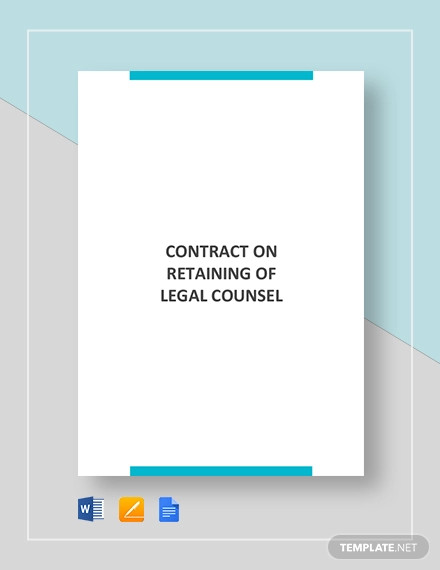
4. Illegal Performance of a Legal Contract
5. Business Legal Contract
6. Sample Legal Contract
7. Smart Legal Contracts
8. Simple Legal Contract
9. Legal Contract Example
10. Building Legal Contract
11. Printable Legal Contract
What Is a Legal Contract?
A legal contract is defined as the document that enforces an agreement between two or more parties with the law. It can be made orally or in writing. However, according to UpCounsel, oral contracts will be harder to prove whenever one party calls for a dispute. In line with that, parties under verbal contracts are offered shorter periods to press charges in some states than those under the written contracts. Nonetheless, both ways can be made legal only by encompassing certain characteristics. These characteristics include the validity of the purpose, complementing approval, consented exchange, acceptable party qualities, and the willingness of decisions.
Who Can’t Get Into a Legal Contract?
Respecting the formality of a legal contract’s purpose, not anyone can get into the process of such a legal document. So, who exactly are these people who can’t get into a contract? The answers to that question are the following:
1. Minors – Juveniles who are under 18 years old and below are considered unenforceable. This is because the law believes that they may lack knowledge about this kind of matter. Even if they have adequate understanding, making them admissible would conflict with other laws relating to minors.
2. People With Mental Illness – These people can’t make contracts with any party simply because of their disrupted ability to make decisions.
3. People Disqualified By Law – Some people who are old enough and without mental disabilities can’t still create a contract with any individual or organization. This specifically points out the subjects who may have histories of illegal activities.
How To Prepare a Legal Contract
Before you start writing contracts, you have to reassure yourself whether or not you have enough knowledge to make one. For this, conducting action research must be done first and foremost. There are many tips in writing a legal contract on the internet, but you have to make sure that they are reliable. To save you from the hassle of fact-finding, we offer you our outline that guarantees your contract’s legality. Check them out below.
1. Ensure the Other Party’s Eligibility
You were presented with the factors that can invalidate someone from making a contract. So, the first thing that you have to do is to find out whether the other party is eligible or not. You can do this in many ways. For example, if you’re making a service agreement contract, then you get your much-needed information through a client onboarding questionnaire. You also have the option to gather details by giving out survey form.
2. State a Valid Purpose
Not every business transaction is valid. Let’s take smuggling as an example. Obviously, it’s a criminal activity, so there’s no way for it to be legalized. For your contract, you have to assess whether your purpose can be considered legal before composing the business statement. You might want to check about content validity in research methodologies.
3. Describe What’s Being Agreed Upon
Every legal contract includes a detailed description of the things being agreed upon. These could be about a purchase and sales agreement, lease agreement, partnership agreement, and services agreement. Doing so is required to give both of the contract participants not just a comprehension of the subject matter but also to be protected against disputes.
4. Present the Trading of Valuables in Details
Legal contracts must also come with thorough details of the valuables that both parties are willing to offer for each other. In service contracts, service providers offer their services to clients. On the other hand, clients will offer money as a payment that is equal to the value of services being provided. For partnership contracts, one party may extend their knowledge and management skills, while the other can proffer their assets to put up a business.
5. Prove the Commitment
There are many ways for both parties to prove their commitment to a contract. All contracts seal the deal with signatures coming from each party’s representative. However, there are some that necessitate under their specifications the advance payments to guarantee the rendition of obligations. Additionally, all contracts also have termination clauses to learn the resolution for non-observance of commitment.
FAQs:
What are the different types of contract breaches?
There are four types of contract breaches. These include partial breach, material breach of contract, anticipatory breach of contract, and specific performance.
How can you remedy a breach of contract?
A breach of contract can be resolved in three ways, depending on the type of breach. These remedies consist of damages, specific performance, cancellation, and restitution.
– Damages refer to the payment to cover the damages made by the breaching party.
– The specific performance involves the performing of uncompleted tasks without additional payments.
– Cancellation regards the invalidation of the entire contract.
– Restitution forces the breaching party to go back to the state before the breach took place without any fees.
What are the different kinds of contract damages?
1. Compensatory Damages – indemnification provided to the non-breaching party to put them back to the position before the breach
2. Punitive Damages – full compensation given by the breaching party to the non-breaching party
3. Nominal Damages – small payments given to the non-breaching contract for small losses or injuries 4. Liquidated Damages – fixed reimbursement that are set prior to the contract breach
By definition, all contracts are basically legal. However, its participants have to go through a lot of careful studying and reviewing to be able to make one as such. With proper knowledge of the key elements, which have been aforementioned above, it will be cost and time-saving for the involved parties to create, produce, and legalize any agreement.



